The dot matrix Olivetti printer was noisy. The XT computer came without a hard drive: two floppy disks uploaded the operating system. When the electricity went (as it often did), we had to reload it. Our bathroom doubled as our darkroom. A clunky metal cabinet housed our prints, slides, negatives and files. Anisur Rahman and Abu Naser Siddique were our printers; I was photographer, manager, copy editor and part-time janitor. Cheryle Yin-Lo, an Australian who had read about us in a magazine, joined as our librarian. We offered and she happily accepted a local salary. My partner Rahnuma Ahmed often got roped in when we were short-staffed, which was often.
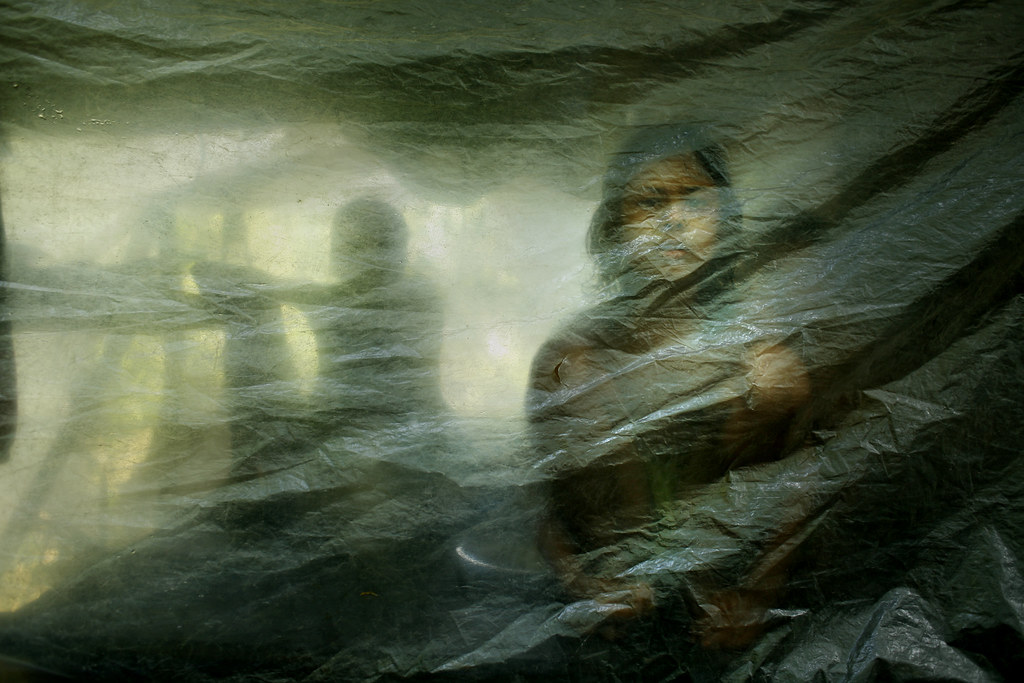
That was 25 years ago. Little experience and zero cash rarely got in the way: we started publishing from day one. Postcards, bookmarks (often using offcuts from the press) and even a company calendar were produced by friendly printers who printed on credit. Residents of Bangladesh’s capital, Dhaka, used to seeing flowers, pretty women, mosques and waterfalls, suddenly woke up to social messages in black and white on their wall calendars. It worked, and we were able to sell them door-to-door and pay back the printers until there was a flood and half our stock got inundated.
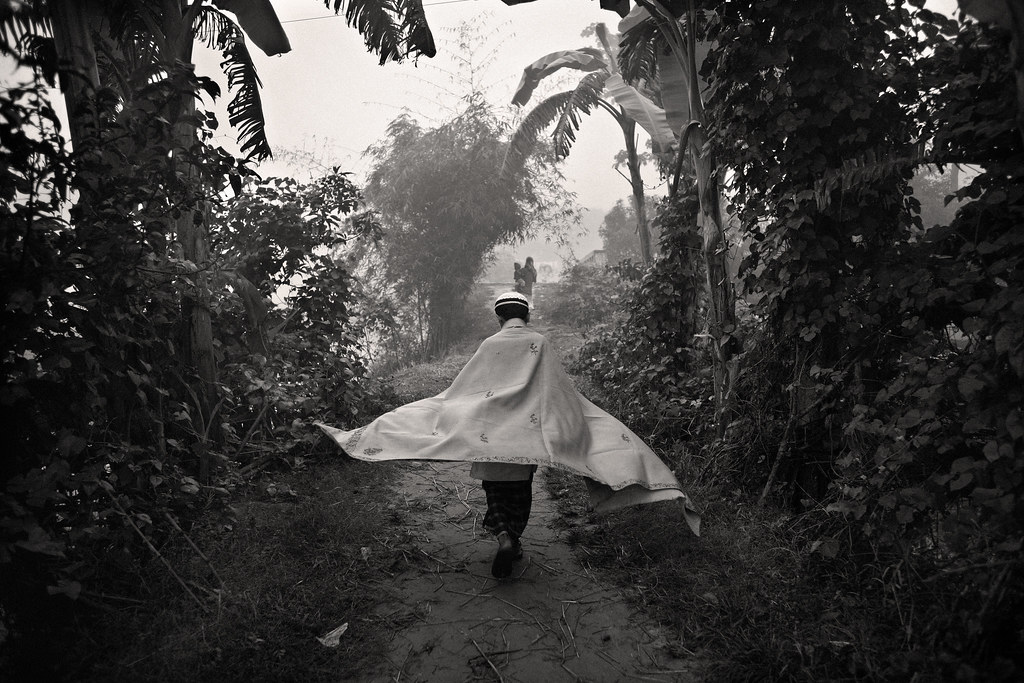
Tired of being pitied for our poverty, and do-gooder attempts to ‘save’ us, we had decided to become our own storytellers. And did we have stories to tell! Our agency Drik, grew, and we picked up many loyal friends and several powerful enemies along the way. Knowing we had to compete with better-resourced entities in the West, we set up the nation’s first email network using Fidonet. Banglarights, our human rights portal, annoyed the government; our telephone lines were switched off for 30 months.
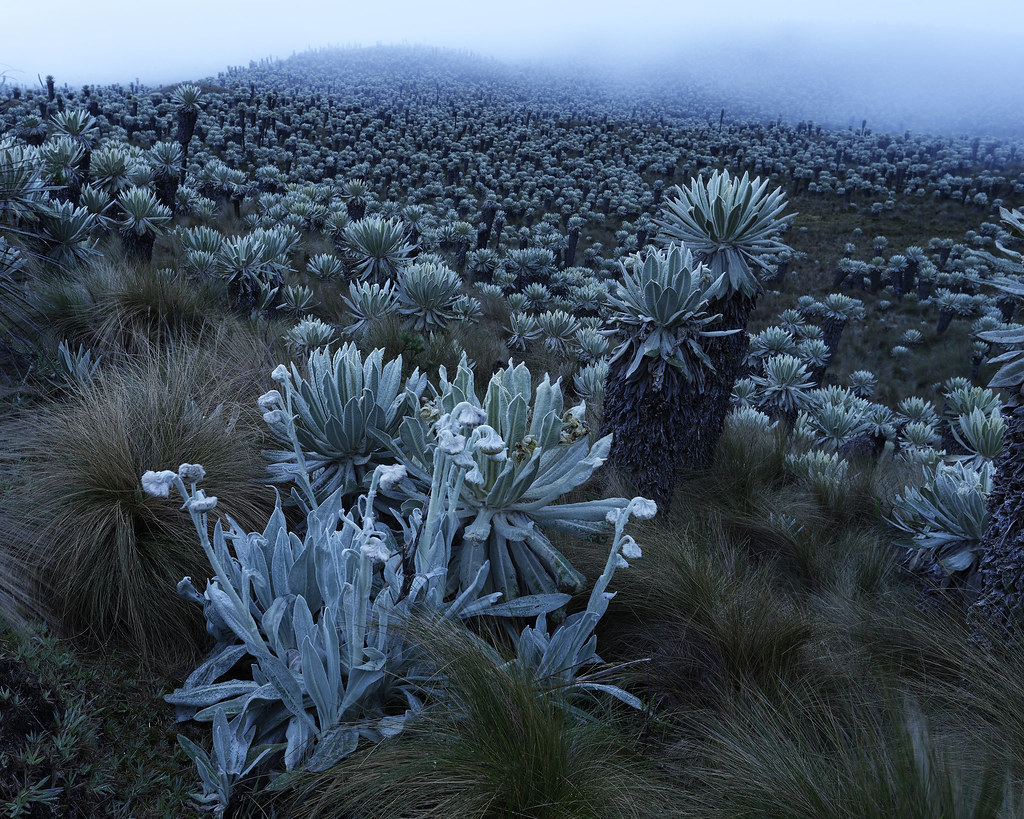
Mainstream galleries turned down exhibitions which were shamelessly political and often critical of the establishment, so we built our own. The government sent riot police to close down our shows on several occasions. Being stabbed in the street, arrested, and generally persecuted became some of the more troubling after-effects of our activism, but a nationwide campaign to reopen our gallery, and a court ruling in our favour, convinced us that the person on the street was on our side. That was all the ammunition we needed.
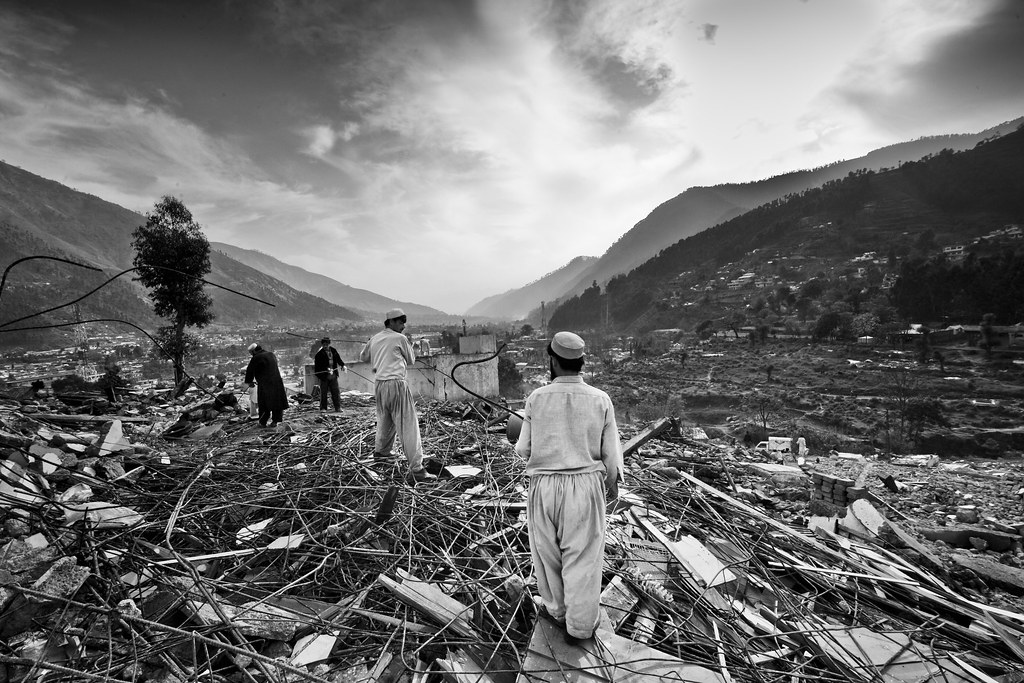
Along the way, we had set up a photo school, Pathshala, now recognized as being among the finest in the world. We also set up a photo festival, Chobi Mela. Again, a highlight of the Asian cultural calendar. Geed up by what we’d achieved in Bangladesh, we set our sights on challenging the global world order. Majority World was born, a platform for local photographers from Africa, Asia, Latin America and the Middle East with their own stories to tell.
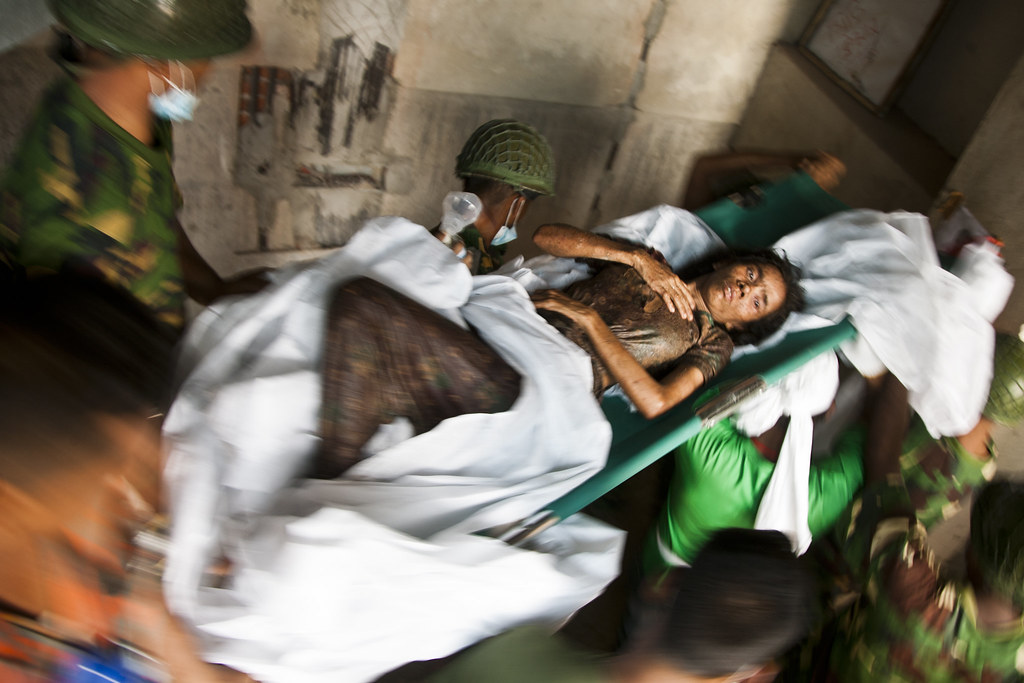
Activism didn’t pay the bills though and competing in the market place, often with professionals we ourselves had trained, required us to remain cutting edge. Clients cared less for ‘good intentions’ than they did for good delivery and value for money. It was comforting therefore when a prestigious international client, mentioned in the ‘special instruction’ section that she wanted the work to be ‘As Drik as possible.’
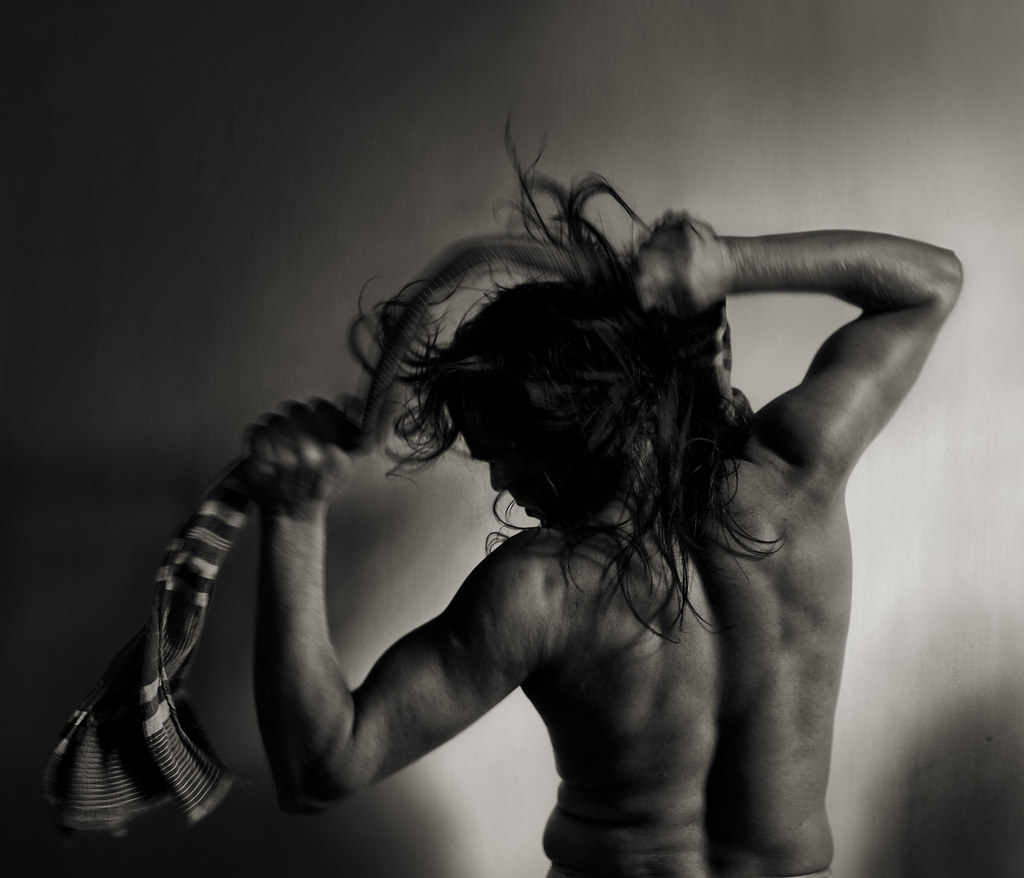
As the organisation grew, we needed better management, stricter controls, increased efficiency and lower costs. This led to a culture shift which didn’t come easily to a group that had grown up like a family and had gotten used to working in a particular way. Our new CEO reminded us, that producing the perfect product was gratifying, but getting it to market on time and within budget, was just as important.
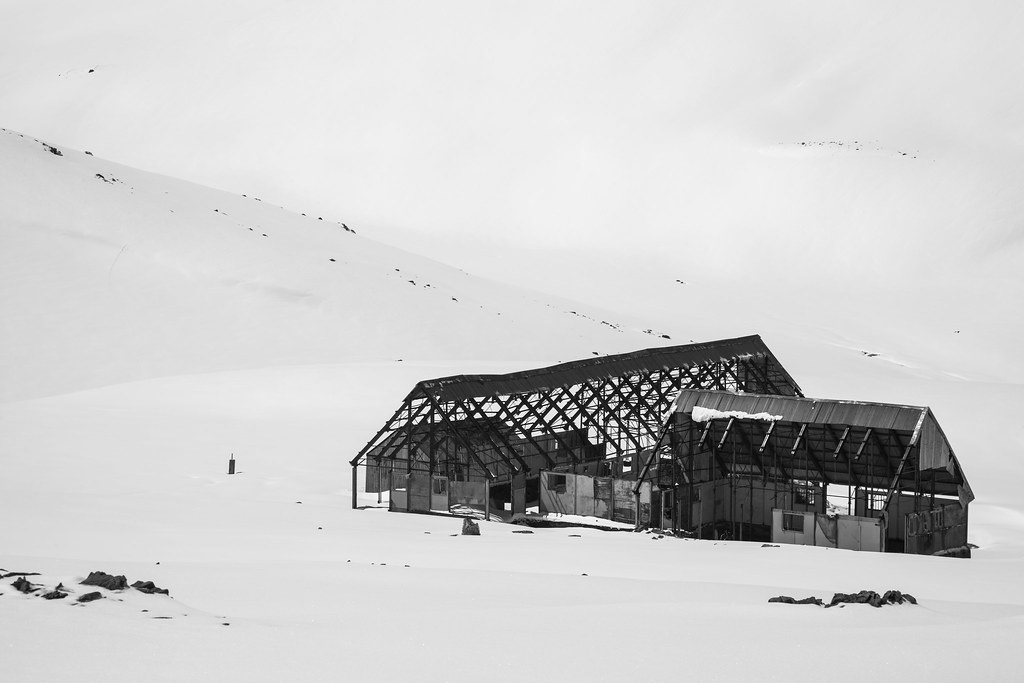
Drik today is a role model for the majority world, but a world that is changing. Twenty-five years ago, it made sense to start from the ground up. Today we tap into fine professionals we ourselves have groomed, and take them to the international arena. Long-term strategy, succession plans and a more global vision are the concerns of the day. It’s a lean, agile and creative organisation run by a younger team, ready for tomorrow. Drik’s ultimate strength however, has been the people who have rallied around us. This includes the people who work here, but goes way beyond it.
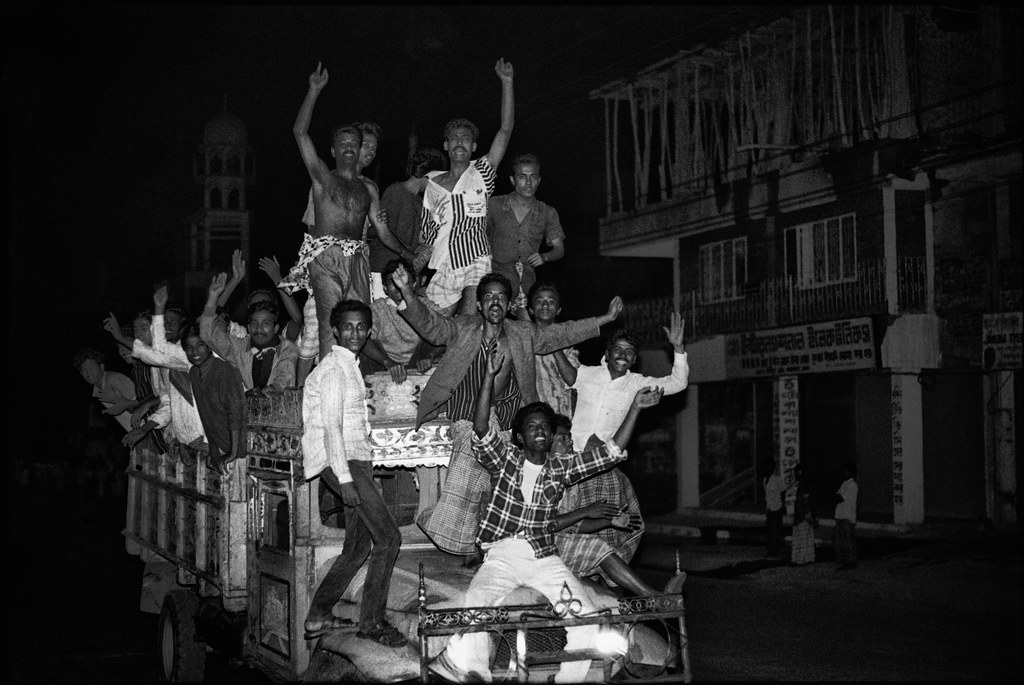
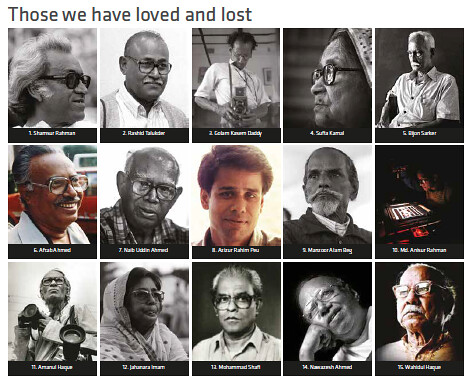 People, all across the globe, across all conventional barriers, who have believed in us, and stood by us, in the many difficult moments we’ve shared, through many dark nights and days. We owe our very survival to them. Some we have lost forever. Others have stayed away from the limelight, happy to bask in our success from afar. While they have never wanted or expected anything in return, we shall remain indebted to them. This publication is a tribute to them all.
People, all across the globe, across all conventional barriers, who have believed in us, and stood by us, in the many difficult moments we’ve shared, through many dark nights and days. We owe our very survival to them. Some we have lost forever. Others have stayed away from the limelight, happy to bask in our success from afar. While they have never wanted or expected anything in return, we shall remain indebted to them. This publication is a tribute to them all.
See as slideshare
All credits and supplementary text available in Flickr page




Leave a Reply
You must be logged in to post a comment.